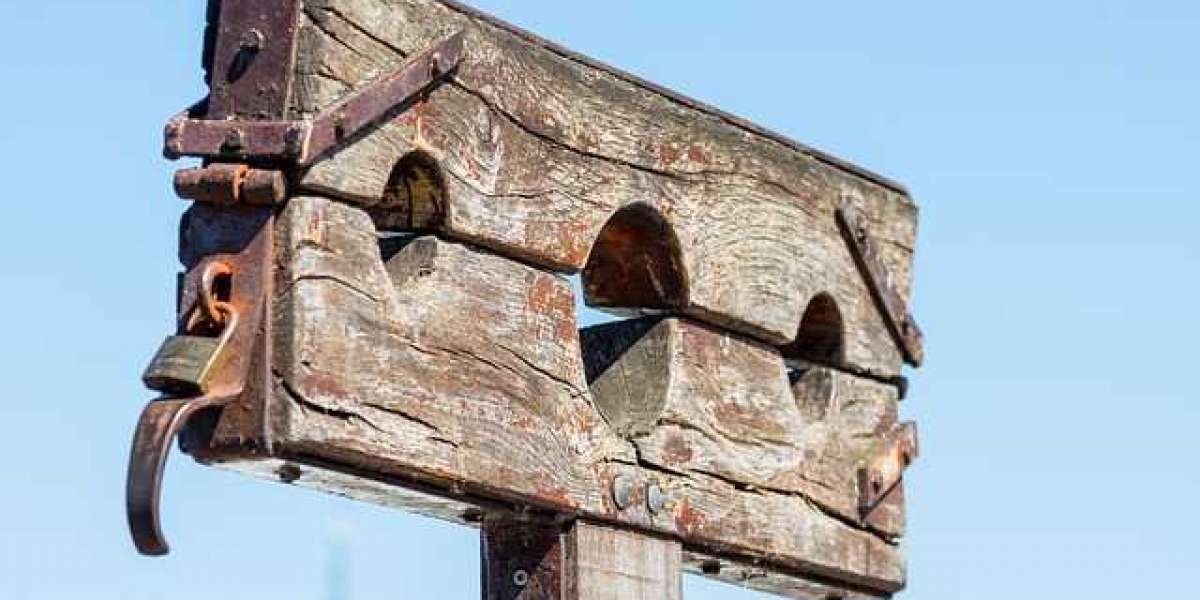PROs then subsequently pay the appropriate splits to the songwriter and publisher of the song. Session singers and musicians are hired on for one-offs, a strings of gigs or even tours. Sometimes, they get offers to join a band on a more permanent basis, too. Well-tuned ears and a passion for music are pre-requisites. If you don't have them, your first employee should. There will always be new talent to be found – it's a renewable resource – but there's no guaranteed formula for finding it. Analog public performance royalties come from the Public Performance copyright, where the songwriter is owed money for each public performance of their songs. If you’re on the business end of the music industry, understanding as much as possible about the talent area can help you be more effective in your job. Something as simple as Music Royalty Software can clarify any issues around artist’s royalties.
There’s a great mystique to the music business, as there is in the entire entertainment industry. Music artist management today requires professionals to step away from the standard strategies that have been used in the past to manage the careers of artists in the music business. The band music managers must also be advisors to their artists on which forms of communication they should use, and how, when, and with whom they should use them. While the issues surrounding monetizing intellectual property are indeed myriad and complex, the solutions don't have to be. Effective and efficient use of time can keep goals, strategies, and tactics on track for a record deal. Prominent streaming services can easily be tracked using Music Publishing Management Software in a SaaS environment.
The Intricacies Of The Music Industry
Diana Ross, Lionel Ritchie, Dolly Parton, Cher, Beyoncé, and Justin Timerberlake were all part of successful groups before they stepped The Reproduction copyright guarantees royalties to songwriters for every unit sold or manufactured in physical form, such as CD, LP and cassette tape. These royalties are paid by record companies or companies responsible for the manufacturing. Streaming rates are opaque to say the least, but as some research has pointed out, platforms like Spotify have seen rates dropping year on year – and with more and more artists joining the platform this is only expected to get worse. Don't want to write a song that day? Got writer's block? Too bad, you've got bills piling up, so you better get that project back to your client before the end of their billing cycle. Touring is enormously expensive. The cost of travel, food, and lodging alone can bankrupt any baby band. Individual artists have it much tougher, since they may not be able to function at all without hiring backup musicians. Your business is not Royalty Accounting Software and you shouldn't waste your time trying to do this when you can use experts instead.
A personable artist is more marketable. Friendly ones who are good with people get along better with everyone they work with, including the press. Owning the copyright for a sound recording provides protection from pirates and people who might sample from it. Reports of artists questioning their payments from streaming platforms like Spotify make for familiar reading. YouTube is also getting closely scrutinised for its payments and practices. Get further insights on the topic of Music Royalty Software at this Encyclopedia.com web page.
Related Articles:
Music Publisher Software
Seek Out Your Own Music Licensing Agent
Use Music Royalty Systems To Configure Your Contracts






